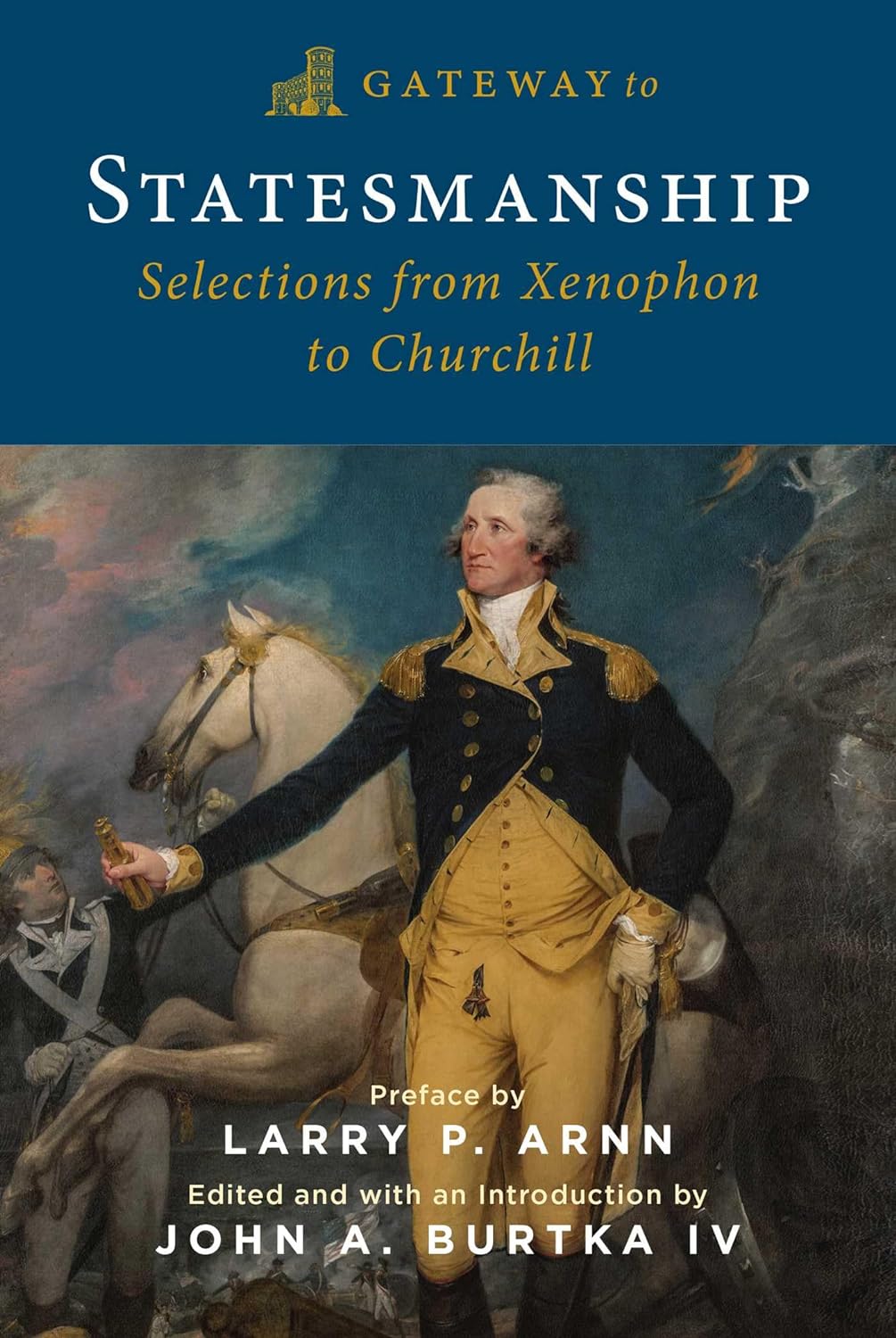This anthology is in the mirrors-for-princes genre: passages of paraenesis for rulers. In his substantial introduction, the editor, John A. Burtka IV, notes that these “self-help manuals” enabled “political leaders to examine their conduct and appearances.” Over the years, he says, these writings “have helped to inspire and instill courage, prudence, and charisma in countless leaders who have heeded their counsels.” These readings incorporate words of advice concerning, in particular, the virtues of command, especially practical wisdom. This book’s thesis is that the proffered counsel is not of historical interest only but retains the capacity to guide chief executives—and those responsible for choosing them—today.
The notion that these mirrors-for-princes are still worthwhile for leaders and for those aspiring to leadership in our own time is tied to the question of why this literary tradition died out in the first place. If these works played a necessary role, then why did they not carry into the present? By the same token, if in the past they were deemed deficient in vitality or utility, then what makes them attractive and valuable now?
Burtka offers two reasons for this genre’s demise. First, ruling monarchs passed from the scene, replaced by elected officials. Typically, the mirrors had been offered as gifts to kings and queens at their coronations. But, Burtka observes, “the mirrors-for-princes tradition” could still “become a ‘mirrors-for-presidents’ tradition, presented to elected leaders at the time of their inaugurations.” Second, schools today stress the present over the past, secondary sources over primary classics, and social sciences over ethics and theology. Again, this reason, Burtka points out, should not prohibit the use or hide the value of the traditional mirrors: they are “a universal phenomenon that spans all races, creeds, and geographic locations.” Their “message of justice, religious duty, and moral and vocational excellence has the power to inspire leaders who fight for the interests and well-being of all citizens, regardless of political party.” Thus, Burtka believes, if taken to heart and applied by leaders today, these manuals could help to restore confidence in elected officials at a time when Americans have largely lost faith in them.
















